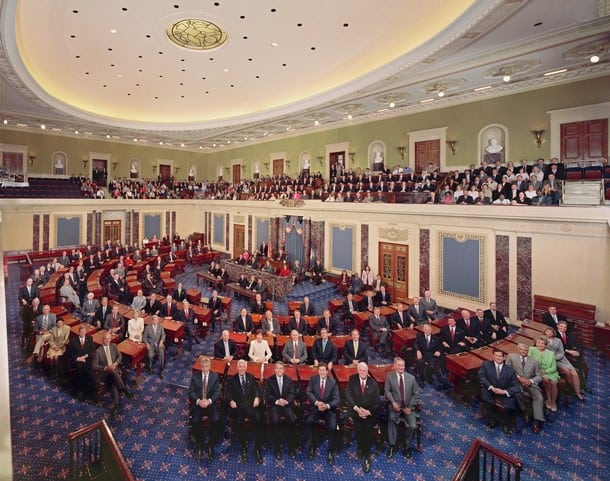The “Support Technology and Research for Our Nations Growth and Economic Resilience” (STRONGER) Patents Act of 2017 has recently been introduced by Senators Chris Coons (D-DE), Tom Cotton (R-AZ), Dick Durbin (D-IL), and Mazie Hirono (D-HI).
The stated purpose of the bill is to
strengthen the position of the United States as the world’s leading innovator by amending title 35, United States Code, to protect the property rights of the inventors that grow the country’s economy.
The Bill is intended to address the perceived shortcomings of patent law reforms that occurred in 2011 with the America Invents Act (AIA). Specifically, according to the Bill’s findings,
unintended consequences of the comprehensive 2011 reform of patent laws are continuing to become evident, including the strategic filing of post-grant review proceedings to depress stock prices and extort settlements, the filing of repetitive petitions for inter partes and post-grant reviews that have the effect of harassing patent owners, and the unnecessary duplication of work by the district courts of the United States and the Patent Trial and Appeal Board…
Among other proposed changes, the Bill’s authors say that it:
- harmonizes claim construction standards used by the Patent Trial and Appeal Board (PTAB) and federal district courts
- clarifies that unpatentability in post-issuance proceedings must be proved by the “clean and convincing evidence” standard used by district courts
- reduces abuse of post-issuance proceedings (“privateering” or extortion) by ensuring that a petitioner has a business or financial reason to being a case before the PTAB
- allows only one review per claim of a patent
- clarifies that a party making financial contributions to a patent challenge is a real-party-in-interest estopped form future challenges, so that no entity gets “multiple bites at the apple” to challenge a patent
- allows patent owners to enter into an expedited examination process instead of amending claims before the PTAB
- restores the presumption of injunctive relief for the patent owner upon a finding that a patent is valid and infringed
- closes a loophole that allows companies to avoid infringement by designing a product in the US but manufacturing overseas
Interestingly, the Bill is critical of Congress’s efforts to enact patent reform — even as the bill aims at patent reform:
efforts by Congress to reform the patent system without careful scrutiny create a serious risk of making it more costly and difficult for legitimate innovators to protect their patents from infringement, thereby weakening United States companies and the United States economy.


